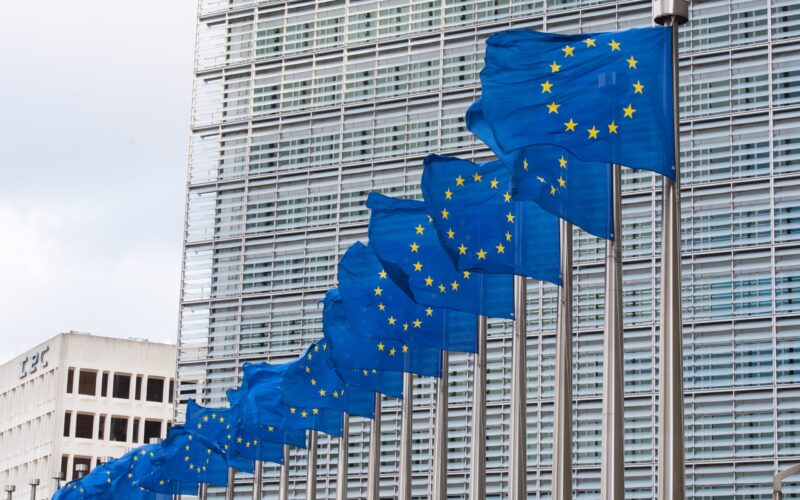The European Commission has welcomed a provisional agreement between the European Parliament and the Council on the revised Waste Framework Directive. The updated legislation aims to foster a circular economy across the EU by encouraging innovation and promoting sustainable industrial and consumer practices. The amendments mark a significant step in tackling textile and food waste while enhancing the EU’s global competitiveness.
A key feature of the revised directive is the establishment of common rules to improve sustainability for businesses and consumers while ensuring a harmonised single market for used and waste textiles.
The agreement includes new food waste reduction targets, reinforcing the EU’s commitment to combating waste throughout production and supply chains, including households. The directive accelerates the EU’s progress towards the UN’s Sustainable Development Goal 12.3, which aims to halve global food waste per capita and cut food losses along supply chains by 2030.
Under the new rules, Member States must reduce food waste by 10% in processing and manufacturing by 2030. Additionally, they must cut food waste by 30% per capita in retail and consumption sectors, covering restaurants, food services, and households.
To support these efforts, the Commission will facilitate best practice sharing through the EU Platform on Food Losses and Food Waste, fund research, and provide grants for targeted action.
The revised directive mandates each Member State to establish an Extended Producer Responsibility (EPR) scheme for textiles and footwear. Under these schemes, textile producers will contribute financially to the management of used and waste textiles, encouraging them to design more durable and recyclable products. This measure aims to enhance investment in separate collection, sorting, reuse, and recycling infrastructure, advancing the circular economy for textiles.
The new regulations also address illegal textile waste exports by clearly defining the distinction between waste and reusable textiles. Sorting must take place before shipping used textiles, ensuring that exports comply with environmental sustainability standards.
The European Parliament and the Council must now formally adopt the revised directive before it takes effect. It will enter into force 20 days after its publication in the Official Journal of the EU. Member States will then have 20 months to transpose the directive into national legislation.
In 2020, the EU generated 6.95 million tonnes of textile waste, with an average of 16 kg per capita. Of this, only 1.95 million tonnes were separately collected, highlighting the need for improved sorting and recycling measures. Without further action, significant amounts of textile waste risk being incinerated or landfilled.
Currently, 59 million tonnes of food waste are generated annually across the EU, leading to 252 Mt of CO2 emissions throughout the food chain. Around 10% of food supplied is wasted, amounting to an estimated €132 billion in market losses, including business costs and unnecessary household spending. The collection and treatment of food waste incur additional expenses of €9.3 billion.
On 5 July 2023, the Commission proposed a targeted revision of the Waste Framework Directive, focusing on food and textile waste. The directive serves as the EU’s legal foundation for waste prevention and management, defining key waste management concepts, including recycling, recovery, and the waste hierarchy. This revision delivers on the EU Strategy for Sustainable and Circular Textiles, introducing measures to harmonise Extended Producer Responsibility rules for textiles and implement economic incentives to drive sustainable and circular textile production.
















